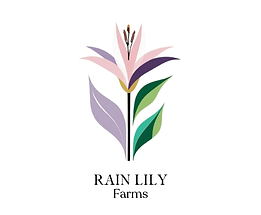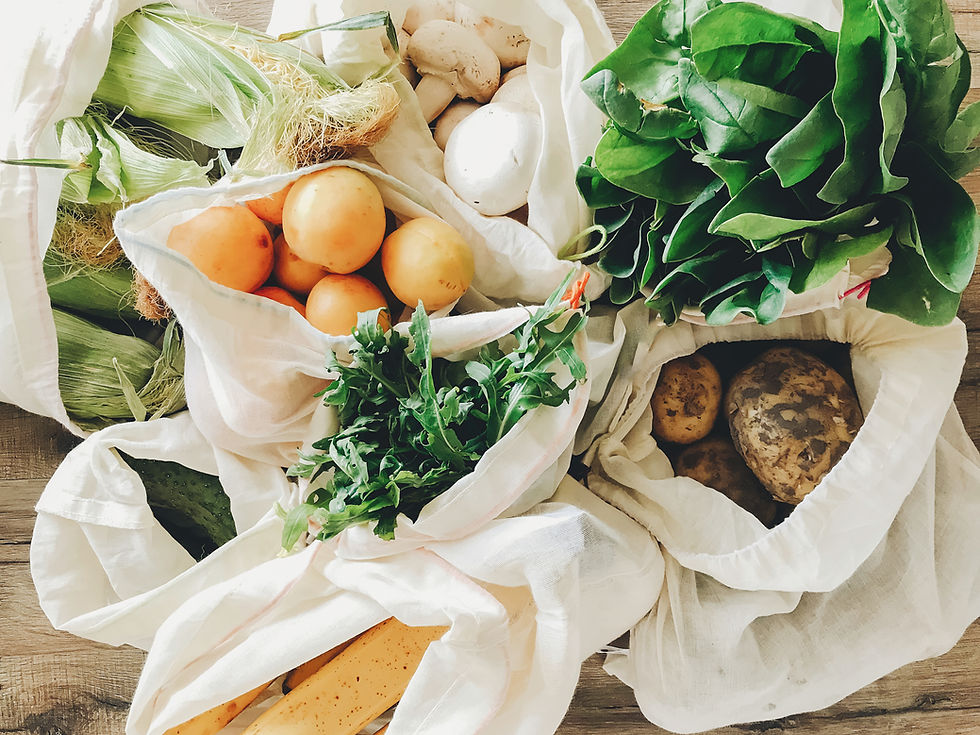Composting with Care: A Beginner’s Guide from Rain Lily Farms
- carrie8414
- Aug 16, 2025
- 2 min read

Welcome to Rain Lily Farms, where healing and sustainability grow side by side. Whether you're a seasoned gardener or just dipping your hands into the soil for the first time, composting is one of the most powerful ways to nourish the earth—and yourself.
Here, composting isn’t just about waste reduction. It’s about transformation. Just as our participants reclaim their stories through vocational training, composting turns scraps into soil, and soil into life.
Composting is nature’s way of recycling. It transforms kitchen scraps, garden clippings, and organic waste into nutrient-rich soil that feeds future growth.
At Rain Lily Farms, we use compost to enrich our vegetable beds, support pollinator zones, and teach participants how healing can begin with something as simple as banana peels and coffee grounds.
Benefits of composting:
Reduces landfill waste and methane emissions
Improves soil health and water retention
Supports plant growth without synthetic fertilizers
Connects us to the rhythms of nature and renewal
You don’t need fancy equipment or acres of land to begin composting. Here’s a simple starter kit:
Item | Purpose |
Compost bin or pile | Holds your materials and keeps things tidy |
Browns (carbon-rich) | Dry leaves, cardboard, paper |
Greens (nitrogen-rich) | Fruit peels, veggie scraps, coffee grounds |
Water | Keeps the pile moist but not soggy |
Air | Regular turning helps decomposition and prevents odor |
Pro tip: Keep a small countertop container for daily scraps and empty it into your outdoor bin every few days.
For many of our participants, composting becomes a grounding ritual. The act of sorting, layering, and tending to the pile mirrors the process of healing—slow, intentional, and deeply rewarding.
We encourage beginners to:
Compost in community: share the task with others
Use sensory-friendly tools (gloves, quiet bins)
Celebrate small wins: “I added my first greens today!”
Reflect on the metaphor: what in your life is ready to transform?
Common Questions, Answered
Q: Does composting smell bad? Not if balanced correctly! A healthy pile smells earthy, not rotten. Add more browns if it gets too wet or smelly.
Q: Can I compost in an apartment? Yes! Try a worm bin (vermicomposting) or a sealed countertop composter. Many cities also offer drop-off programs.
Q: How long does it take? Anywhere from 2–6 months, depending on conditions. At Rain Lily Farms, we turn our piles weekly and harvest compost seasonally.
Ready to Begin?
Start small. Start today. Composting is a quiet revolution—one that heals the land and the people who tend it.
If you’re local to Ponchatoula or Springfield, come visit Rain Lily Farms to see our composting system in action. We offer hands-on workshops through our Roots of Resilience program and welcome volunteers who want to learn and grow.
Together, we turn scraps into soil—and soil into hope.
.png)



Comments